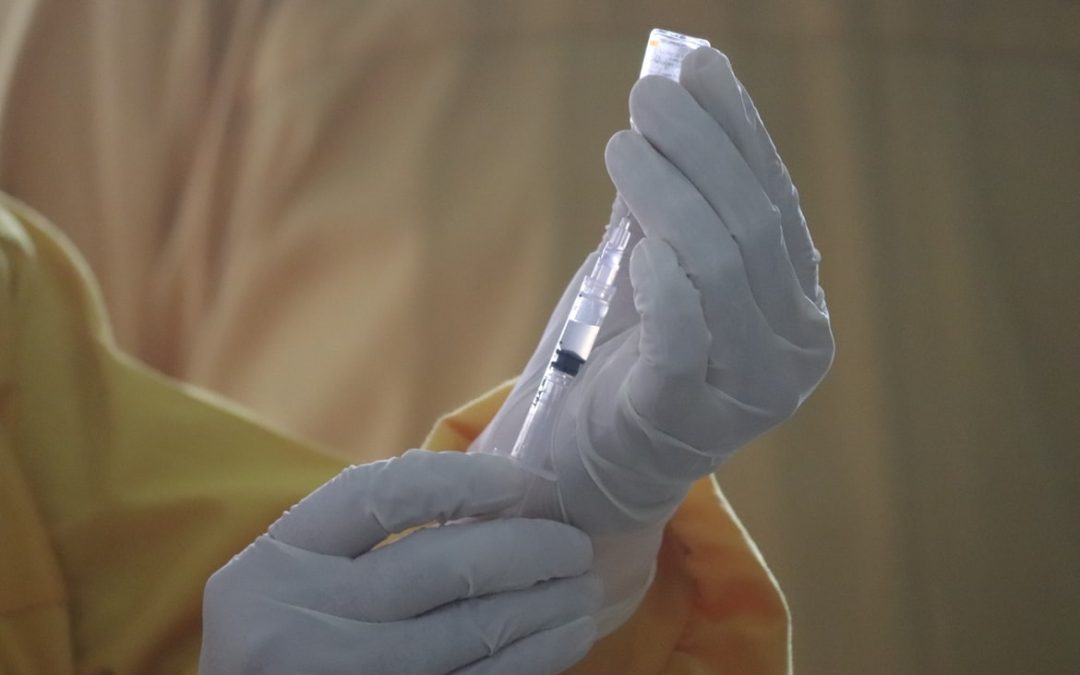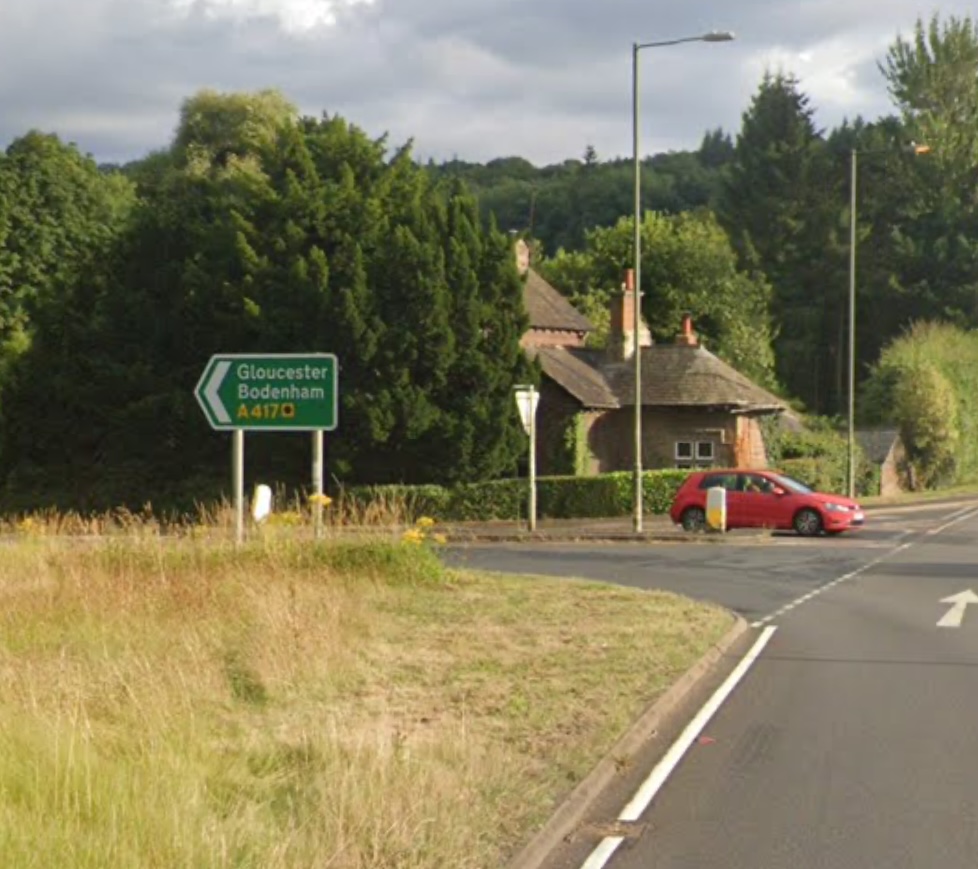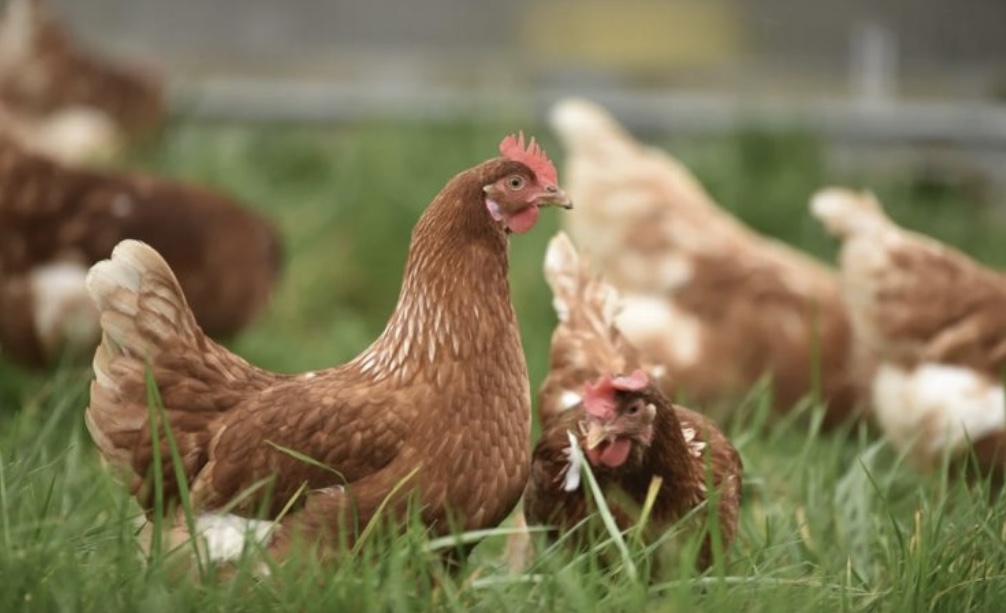Parents and carers of children are being reminded of the importance of routine vaccinations, with hundreds of thousands of texts, emails and letters being sent from this week encouraging families to book their child in for an MMR vaccine.
The NHS is contacting parents and carers of around 740,000 children aged between one and six who have not yet had one or both doses of the measles, mumps and rubella (MMR) vaccine, encouraging them to make an appointment with their child’s GP practice.
One in ten children are not currently up to date with their MMR vaccinations – despite general practices continuing to offer routine immunisations.
Measles, mumps and rubella are highly infectious illnesses that can easily spread between unvaccinated people. Complications from these diseases can be potentially life changing.
Children need two doses of the safe and effective MMR vaccine, with the first dose given around the child’s first birthday, and the second dose given at around three years and four months old. Both doses are needed to ensure full and lasting protection against measles, mumps and rubella.
The NHS has also sent out over 1.5 million invitations to parents of two to three years olds to get their flu vaccination ahead of winter. Where possible, children can receive their MMR catch up vaccine at the same time as their flu vaccine.
Steve Russell, NHS director of vaccinations and screening, said: “Measles, mumps and rubella easily spread between unvaccinated people and can be very serious, so it is important that parents make sure their children are protected against MMR as they return to school, and are up to date with their flu vaccination if eligible as we head into the winter months.
“The MMR vaccine is one of the most studied vaccines in the world, with millions of doses given every year – it is safe for your child, and will protect them, their friends and the wider community from these unpleasant but preventable diseases. If your child hasn’t been vaccinated yet, or is not up to date with their vaccinations, please contact your GP to book an appointment.”
The NHS national immunisation programme is highly successful in reducing the number of serious and infectious diseases such as whooping cough, diphtheria and measles, and high levels of vaccine uptake in the community can prevent the spread of these unpleasant but preventable infections.
Parents and carers can find out more about the different vaccines their child should have and when by visiting www.nhs.uk and searching for ‘NHS vaccinations and when to have them’.




